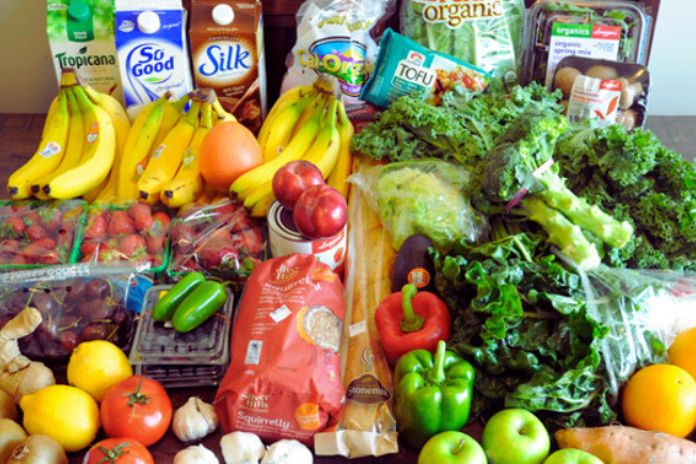How is your health? What are your eating habits and other practices related to quality of life? Have you thought about the possibility of adopting a healthier lifestyle, such as vegetarianism, for example?
The practice is based on the focus on consuming foods of plant origin — it is a lifestyle that excludes meat from the diet or, depending on the type of vegetarianism practiced, also other products of animal origin.
Continue reading and find out more!
Understanding Divisions In The Vegetarian Lifestyle
Vegetarianism has four classifications, all based on the types of food consumed by those who adhere to the movement. Are they:
Ovolactovegetarianism: The term “ovolactovegetarianism” refers to those vegetarians who do not consume any meat (beef, pork, poultry, seafood, fish, or any other species). However, they continue to eat other animal derivatives, such as dairy products, eggs, and honey.
Lacto vegetarianism: The Lacto-vegetarian group, in turn, does not exclude dairy products from their diet. On the other hand, in addition to meat, there is also no consumption of eggs.
Ovovegetarianism: Ovovegetarians, unlike lactovegetarians, do not exclude the consumption of eggs from their food routine, but dairy products.
Strict vegetarianism: Finally, strict vegetarianism is the category of vegetarianism dedicated to those who choose not to consume meat, dairy products, eggs, or any other ingredient of animal origin. It is in this group that the so-called vegans fit — these, however, exclude products of animal origin not only from the diet but from all areas of life, such as clothing, personal hygiene, cleaning, leisure (not participating in activities like bullfights, not even going to places like zoos, for example), and all other sectors.
How The Vegetarian Lifestyle Improves Your Quality Of Life
Vegetarianism provides its supporters with several benefits, both physical and emotional. Among them:
- Reduction of blood cholesterol levels;
- Increased consumption of antioxidant substances;
- Weight control;
- Improvement of intestinal and digestive transit;
- Blood pressure control;
- Decreased risk of developing diabetes;
- Improves skin, nail, and hair health;
- Reduction of symptoms of psychological problems, such as depression and anxiety;
- In addition to more energy, mood, and feeling of well-being.
People have already understood that a good part of the quality of life is surprisingly associated with a plant-based diet that prioritizes essential nutrients to preserve physical, body, and mental health.
Although vegetarians and vegans also show this concern, in many cases, if a food does not contain ingredients of animal origin and derivation, it does not stop, for example, in the fact that they have been processed.
The Lifestyle Also Helps To Prevent Some Diseases, Such As:
The Cardiovascular
Vegetarians are at lower risk of contracting cardiopathies, a heart disease. The reason? What happens is that excessive consumption of animal protein helps to raise LDL levels — an acronym for Low-Density Lipoproteins, which means low-density lipoproteins, and is also known as “bad cholesterol,” which increases the risk of heart attacks.
Another positive point of vegetarianism is that lifestyle supporters tend to increase the consumption of fruits and vegetables — cholesterol-free foods and, in addition rich in antioxidants. These substances reduce inflammation and protect the heart.
The Diabetes
A study published in Cardiovascular Diagnosis And Therapy at the end of 2014 revealed that a vegetarian diet can help stabilize blood sugar levels, preventing and controlling diabetes. According to the researchers, removing animal protein from the diet and inserting plant products are excellent alternatives for treating and preventing type 2 diabetes.
It is also worth mentioning that a vegetarian diet also helps control blood pressure.
Some Types Of Cancer
Scientific studies gathered by the ADA, already in 2007, indicated that individuals who did not exclude animal proteins from their menu had an 88% greater risk of suffering from large intestine cancer. That non-vegetarians had a 54% higher risk of prostate cancer than non-vegetarians.
Also Read: What Is Raw Food? Benefits And Contraindications Of Raw Food

